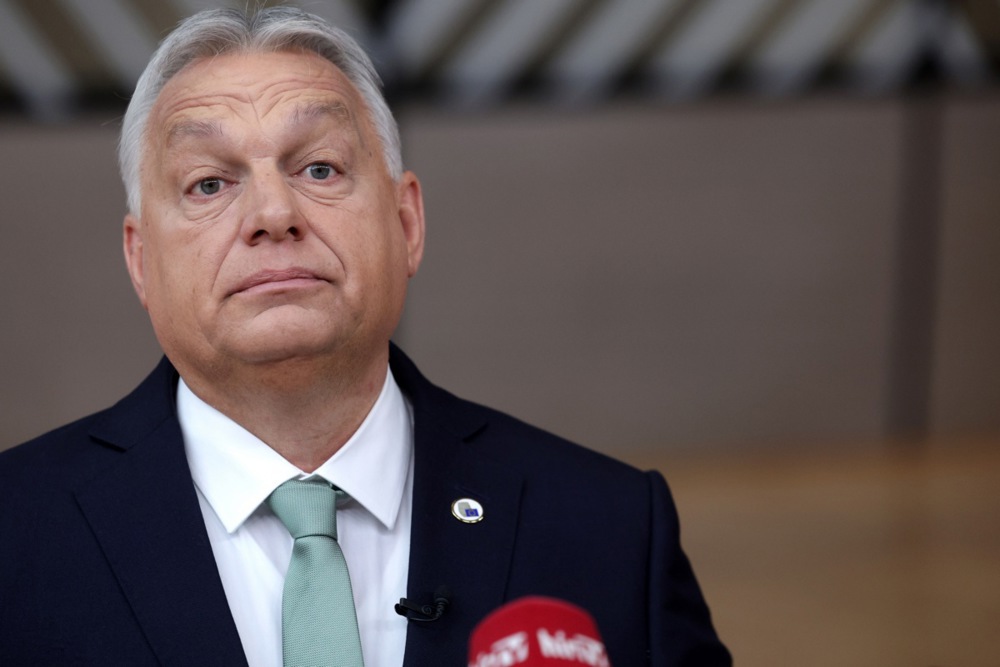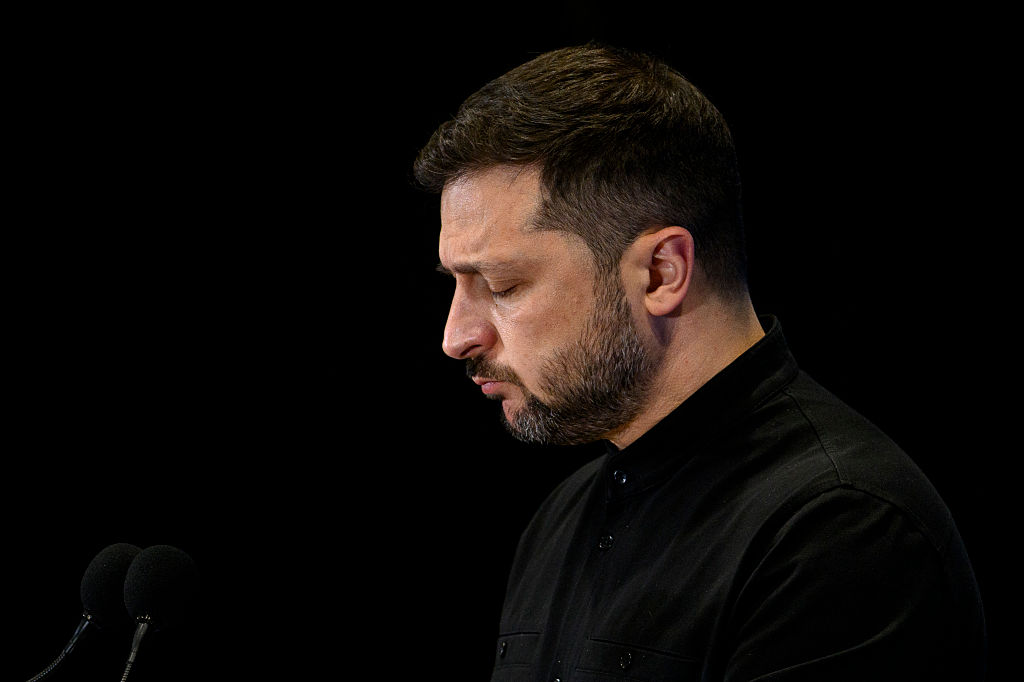In an interview with Politico Europe, Balázs Orbán, political director for Hungarian Prime Minister Viktor Orbán, revealed that Budapest would seek to reinvigorate the currently somewhat-defunct Visegrad Group, only this time as a union of three: Viktor Orbán’s Hungary, Robert Fico’s Slovakia, and soon-to-be-Chancellor Andrej Babiš Czechia.
The loose grouping, formed after the fall of the communist bloc, originally was a four-party grouping of those three plus Poland. And while the grouping saw some success in acting as a bloc, particularly during 2015’s migrant crisis, it fractured and frayed amid the expanded Russo-Ukrainian War, with Poland, Czechia, and Slovakia (the latter relatively briefly) all vigorously supporting Ukraine and Ukraine’s entry into the European Union.
Now, Hungary is not so lonely. Slovakia has been governed by Ukraine-skeptic Fico since 2023, and the Czechs just gave an overwhelming victory to Babiš, also a Ukraine skeptic.
Poland, for its part, is split, with nationalist President Karol Nawrocki opposing Ukraine’s entry and establishmentarian Prime Minister Donald Tusk supporting it.
Rejuvenating the Visegrad Group at this moment is a savvy move. But to make the most of their opportunity, its members should keep a few things in mind.
Firstly, they should quickly agree to a statement of principles. Such a statement should have meaning: filling it with platitudes would be a mistake. It must be clear-cut and contain executable goals.
In the interview, Politico reported that a firm political grouping was “some way off.” If such a grouping is successful, they cannot afford to wait. Slovakia has elections in 2027, and Fico is already an uncertain bet to win again in mid-2026. Orbán too, is locked in a tight struggle with Brussels-favourite Peter Magyar. Only Babiš, who has yet to even be sworn in, has some breathing room.
By moving quickly, they could accomplish three goals: one, they could make their voice clear and definitive, instead of making a bold statement just before one or more members lose power.
Secondly, they could, by making a “permanent” and active grouping, make it difficult for their successors to back out.
And thirdly, they could give their voters the image that they are not alone. Some of these leaders, like President Donald Trump, have had opposition figures seek to portray them as isolated one-offs.
Throughout Trump’s first term, chants of “This is not normal” flooded the mainstream media’s airwaves. In the second, they’re barely present: Trump has established himself and his movement as the default normal, and he has many like-minded allies across the West. Orbán, Fico, and Babiš must seek to install themselves likewise as the default normal, and can do so by highlighting that they have like-minded allies.
And speaking of being like-minded, all three must be able to put aside whatever differences they may have had in the past.
All countries involved here were once part of the Austro-Hungarian Empire; the breakup of that power after World War I forced changes to borders which still agitate many across all three countries to this day.
For the time being, those concerns — at least as it comes to members of the new Visegrad Group — must be put aside. Nothing would make it harder to make such a group permanent than a leader going home after a meeting only to have to answer questions about whether the other participants respect his country’s territorial integrity.
This is not to say that those concerns must be abandoned; just that, for now, they should be set aside.
The new grouping, along these lines, should also be politically astute.
There are other nationalists throughout Europe; the groups focus should remain on whatever is decided in a statement of principles.
Opposition to Ukraine’s entry into the European Union can absolutely be a guiding star, as can opposition to mass migration and other unifying issues.
But they should not allow a spiralling into other issues which may make it difficult to gain new members.
They likewise should keep Russia at arms-length. Peaceful ties with Europe’s large, powerful eastern neighbor is an immensely reasonable goal. But hugging Russia too closely, or inviting Russian delegates to meetings, could make it harder for other potential members to sign on.
And when it comes to new members, the grouping should abscond with broad-based purity tests. Yes, adherence to a statement of principles is a must.
But other disagreements should not mean that a country cannot join. For example, Poland and Hungary have at late been at odds. But if Polish President Karol Nawrocki wished to attend a meeting, even as an observer, he should be welcomed with open arms.
They could also consider opening membership to parties not in power as well.
The Austrian Freedom Party, for example, has been polling as high as 38 per cent, and party leader Herbert Kickl is effectively a chancellor-in-waiting.
Allowing Kickl to take part in meetings would give him a chance to appear as a statesman, and would help reinforce his image in Austria as one who has allies, instead of one who is alone, shouting into the wind.
It is not a coincidence that, minus Austria, the contours of the new Visegrad Group match closely to Austria-Hungary’s old borders.
That empire lasted as long as it did due to individuals like Klemens von Metternich, who understood the importance of pursuing politically-astute coalitions of like-minded allies.
A new Visegrad Group can, and should, do the same.





Return of the Visegrad Four: ‘To stop crazy EU ideas’, everything is going to plan